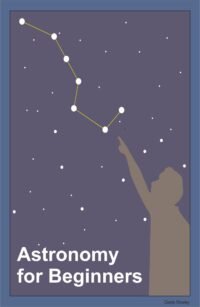Abbreviation: Dor
English Name: The Goldfish
Genitive: Alpha Dorado
Hemisphere: Southern Hemisphere (Never visible from the UK.)
Location: Between the constellations of Volans and Reticulum.
Visible between latitudes: +15 and -90 degrees
Best season: Winter
Seen in three seasons: Autumn, Winter and Spring
Best seen in: January
Seen between: November and February
Right Ascension (RA): 05 hour
Declination (DEC): -65 degrees
Area (square degrees): 179 (72nd)
Dorado (The Goldfish)
- Dorado is notable for containing the bulk of the Large Magellanic Cloud (LMC), our nearest neighbouring galaxy.
Messier Objects
- No Messier objects in Dorado.
Features of Interest
- Dorado contains part of the Large Magellanic Cloud (LMC), it is rich in deep sky objects; irregular galaxy and a satellite of our Milky Way.
- NGC 2070 – Tarantula Nebula (30 Doradus); a bright nebula in LMC, visible to the naked-eye from Australia, even under dark conditions it was a fascinating sight! – it contains the extremely thick Open Cluster:- R136. Tarantula?, because its glowing gas extending from it gives it the appearance of a large spider.
Named Stars
- Alpha Dorado; Blue-white star; brightest star in Dorado.
- Beta Dorado; yellow-white supergiant star.
Others
- Photo of the constellation; Dorado, as it appears to the naked eye. (Lines have been added for clarity.)
- Sky Chart – Dorado
- List of stars in Dorado.
Back to The 88 Constellations Lists page.










